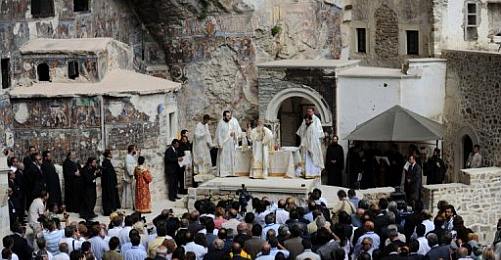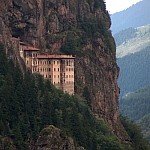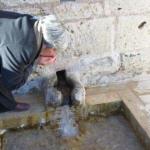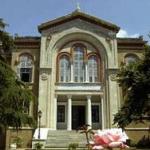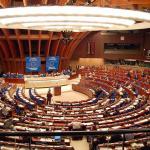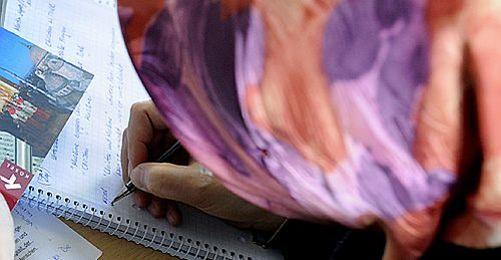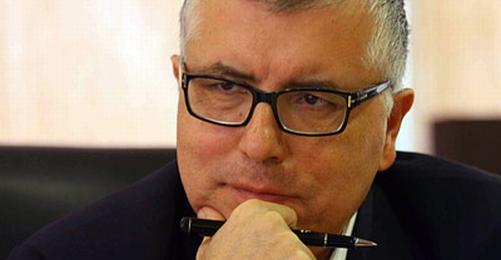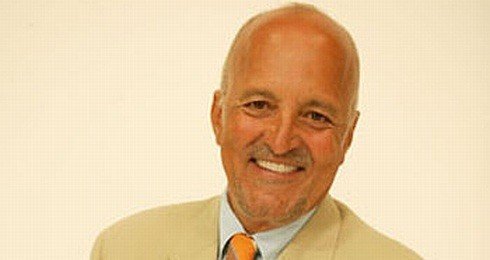Assoc. Prof. Elçin Macar from the Department of Political Science and International Relations of Yıldız Technical University evaluated the permission issued by the ruling Justice and Development Party (AKP) for the first mass in 88 years at the Sümela Monastery (eastern Black Sea coast). He said that this did not happen in respect to the civil rights of minorites but that it expressed a "protectionist" attitude as practiced during the times of the Ottoman empire.
Macar indicated that the AKP is following a different policy regarding minorities:
"The government conveys the message to the Orthodox community and to Greece saying that 'we make peace with the minorities' by allowing the first service at Sümela in 88 years after the population exchange. This service indicates that the AKP is following a different policy from the previous governments. However, the AKP government actually runs a policy like in Ottoman times with a mindset of dispensing justice, tolerating minorities and perceiving their existence as necessarily to be protected. This is the point to criticize because this is not an acceptable policy in our times. Minorities must not be looked down at but they should receive equal rights as citizens of the Republic. Yet, I think that this egalitarian approach cannot be felt sufficiently in the government's policy".
Mutual greeting
Macar also commented a sentence voiced by Fener Greek Patriarch Bartholomew who officiate the service. Bartholomew said, "We came here to pray in the commemoration of the sultans who sincerely supported the monastery". Macar evaluated the sentence as follows:
"It is nothing new that the Patriarch would refer to the sultans. He frequently emphasizes that the rights and conditions during the 'nation system' of the Ottoman Empire were better compared to the times of the republic. Considering the fact that the AKP government refers to the Ottomans itself quite often, this can be seen as a mutual greeting".
Change of policies
"The service celebrated at Sümela shows that the policies followed during the past 10-15 years have been reviewed and that at least steps are being taken to change the direction of these policies", Macar stated and continued:
"A ship which visited harbours at the Black Sea coast as part of an environmental meeting organized by Rahmi Koç in 1997 was hindered from entering Trabzon. It turned out that the Interior Minister himself had officially addressed the governor with a written demand to deny access to Trabzon. In addition, the National Security Council had declared the area as a sensitive region regarding Greece because the neighbouring country was giving education on the 'consciousness of the Greek' by bringing young people from nearby villages who spoke Greek to Greece and taking Orthodox Christians from abroad to visit Sümela. Sections in the region that were sensitive to nationalism became vigilant. This state policy was followed in the region for the last 10-15 years. Now it has started to change. The opening of Cappadocia and Demre besides Sümela for worshipping once a year and Prime Minister Erdoğan's circular about minorities which in a sense is a confession are steps of this change".
Macar pointed out that after the exchange of population due to the Treaty of Lausanne in 1923 there was no community left to celebrate a service at Sümela since all Greeks from the Black Sea region went to Greece. The monastery was transformed into a museum later on and lost its status of a place of worship. (SP/VK)





